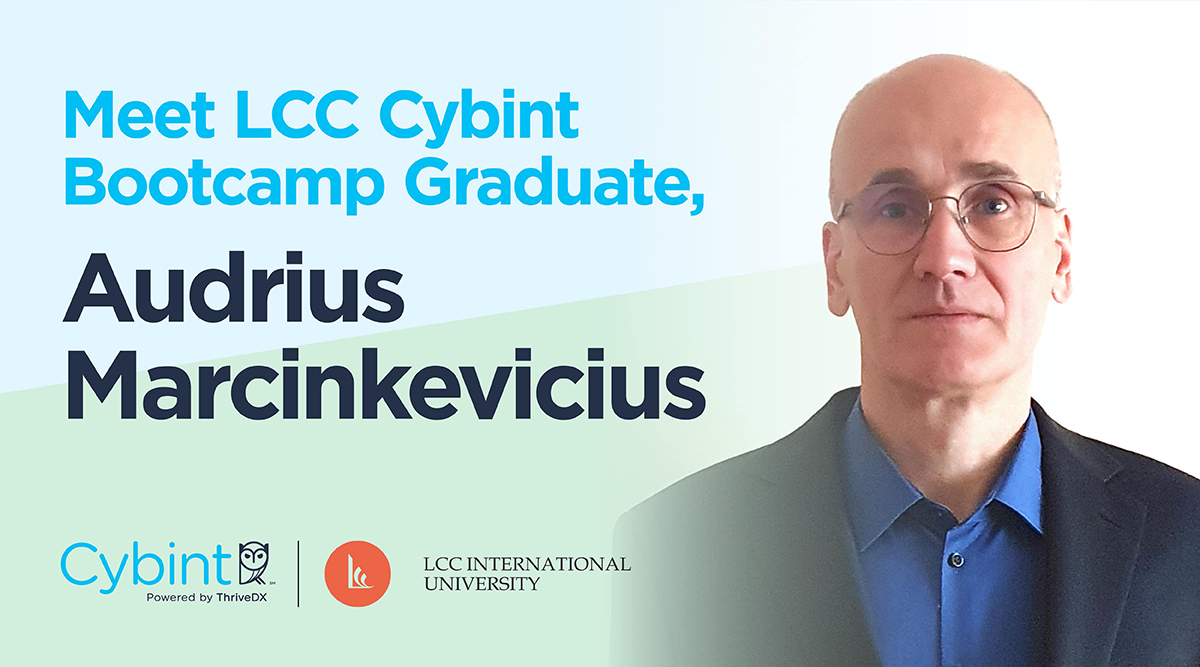Former Royal Canadian Mounted Police officer Garry Clement — who has seen it all — is consistently impressed by the qualities that those from a legal background bring to his specialism of financial crime.
For most law undergraduates, the word ‘contract’ conjures up notions of offer and acceptance, consideration, intention to create legal relations, and, of course, invitations to treat. Anyone for Carlill v Carbolic Smoke Ball Company? The evergreen 1892 case continues to provoke debate but one thing it does not usually do is prompt thoughts of one person being paid to kill another. This, though, is what ‘contract’ meant at one time for Garry Clement, a Canadian financial compliance expert.
“For 30 years, I was a member of the Royal Canadian Mounted Police,” says Clement, who is now the Executive Vice-President of the Association of Certified Financial Crime Specialists (ACFCS). “I had a variety of roles but at one stage yes, there was a contract on my life.”
Contract, then, may have connotations straight out of Hollywood films about the mafia for Clement, but the white-collar crime expert not only lived to tell the tale, but also offers a remarkable insight into the criminal mind-set. “I finished working for the Mounted Police in 2003, but back then and for all the years I was with them there was a sense of honour among thieves,” he says. “I was told there was a contract out for me, but equally I’ll never forget one dyed-in-the-wool criminal telling me that we were both soldiers — just operating on different sides. In other words, there was a grudging respect for a job I had to do.”
Working for the Mounted Police — known around the world simply as ‘the Mounties’ — was a privilege, says Clement: “The Mounties are a symbol of Canada, and being one comes with a cachet. It’s a prestigious occupation. You have to work hard to maintain the reputation of the Mounties.”
Clement’s experience with the Mounties centred on financial crime. While he himself is not a lawyer, his work throughout his career has been intricately involved with the law. Having spent countless hours in court testifying on various cases, he became well known amongst the legal community as a professional witness widely accepted to provide opinion evidence.
From his time in court, Clement realised that “many practising lawyers lack some of the necessary depth of understanding to either provide regulatory advice and/or prosecute or defend clients charged in complicated financial crime cases.” He continues: “Giving opinion evidence has become easier in recent times as many lawyers lack the knowledge to effectively cross-examine on financial crime matters. Also with the fiduciary responsibility mandated for compliance roles today, lawyers with a financial crime depth are highly sought after for senior positions.”
This is one of the reasons that Clement encourages practising lawyers to take a certification like the Association of Certified Financial Crime Specialists programme. It’s a useful qualification for law graduates yet to take their first career steps too, he adds:
“As not all graduates are finding their dream legal position, the addition of a financial crime certification affords many new opportunities. Recently I have noted that more and more senior compliance roles are being filled by individuals with a law degree, many of who have a few years of experience. Law graduates and practising professionals are a natural fit for senior compliance roles due to the very proscriptive regulatory environment and the fiduciary responsibility that is now attached. Legal backgrounds ensure that the organisation is well protected and that opinions provided to senior management and boards are based on solid understanding of the law.”
Clement knows a thing or two about transferable skills. One of his career highlights from his time with the Mounted Police was helping to bring down an international smuggling group — a professional experience to remember. He recalls: “The group were operating out of Las Vegas and New York, smuggling huge amounts of tobacco and alcohol into Canada. They made $600m in profit in just four years, between 1992 and 1996. I set up a trucking company, and managed to start doing all their haulage. It allowed us to get all the evidence we needed, and we took down the whole operation. A lot of people went to prison.”
Clement was the most senior office among the Mounties to work undercover, and his extensive policing experience enabled him to set up his own boutique investigative and consulting practice in 2009. Before this, he’d acquired yet more expertise thanks to two years as the managing director of the Toronto office of IPSA, a United States-based international investigative firm. “My main responsibility was overseeing all of IPSA’s business activities and risk mitigation projects for the region,” explains Clement, whose achievements don’t stop there: between 1982 and 1991, he succeeded in completing the highest number of Bachelor of Commerce business courses at the University of Ottawa.
When he adds that he has also worked as a Liaison Officer in Hong Kong, dealing with counterfeiting, fraud and money laundering, it is no surprise that Clement is now internationally respected for his expertise on counterfeiting, fraud and money laundering — everything, in fact, that you can think of when it comes to financial crime. And given that the ACFCS is one of the BARBRI legal education family of companies, Clement is well-placed to comment on the value of a New York bar qualification to English law graduates:
“Today’s business issues are global business issues; large companies, and law firms, don’t see barriers. They see markets. So if you can add a New York bar examination to your list of qualifications, you’re more attractive to them; you’ve demonstrated an engagement with the internationalism of business and law today. You can’t lose.”
And Clement, as modest as he is high-achieving, has one last tip for law graduates, whether they’re thinking of a conventional legal career or a more diverse one, in compliance or law enforcement: “Don’t be cocky. I was once, as a young police officer, and I got a pummelling for my trouble. Much better to take stock, think, and carefully assess things.”
That’s good advice, and coming from a man who has personal experience of the most visceral interpretation of the word ‘contract’, it’s well worth listening to.
Garry Clement is executive vice president at the Association of Certified Financial Crime Specialists, a BARBRI professional association.
If you are interested in alternative careers in financial crime, or qualifying as a US attorney, join BARBRI International in London for its 4 July summer party. Register for your free place.




